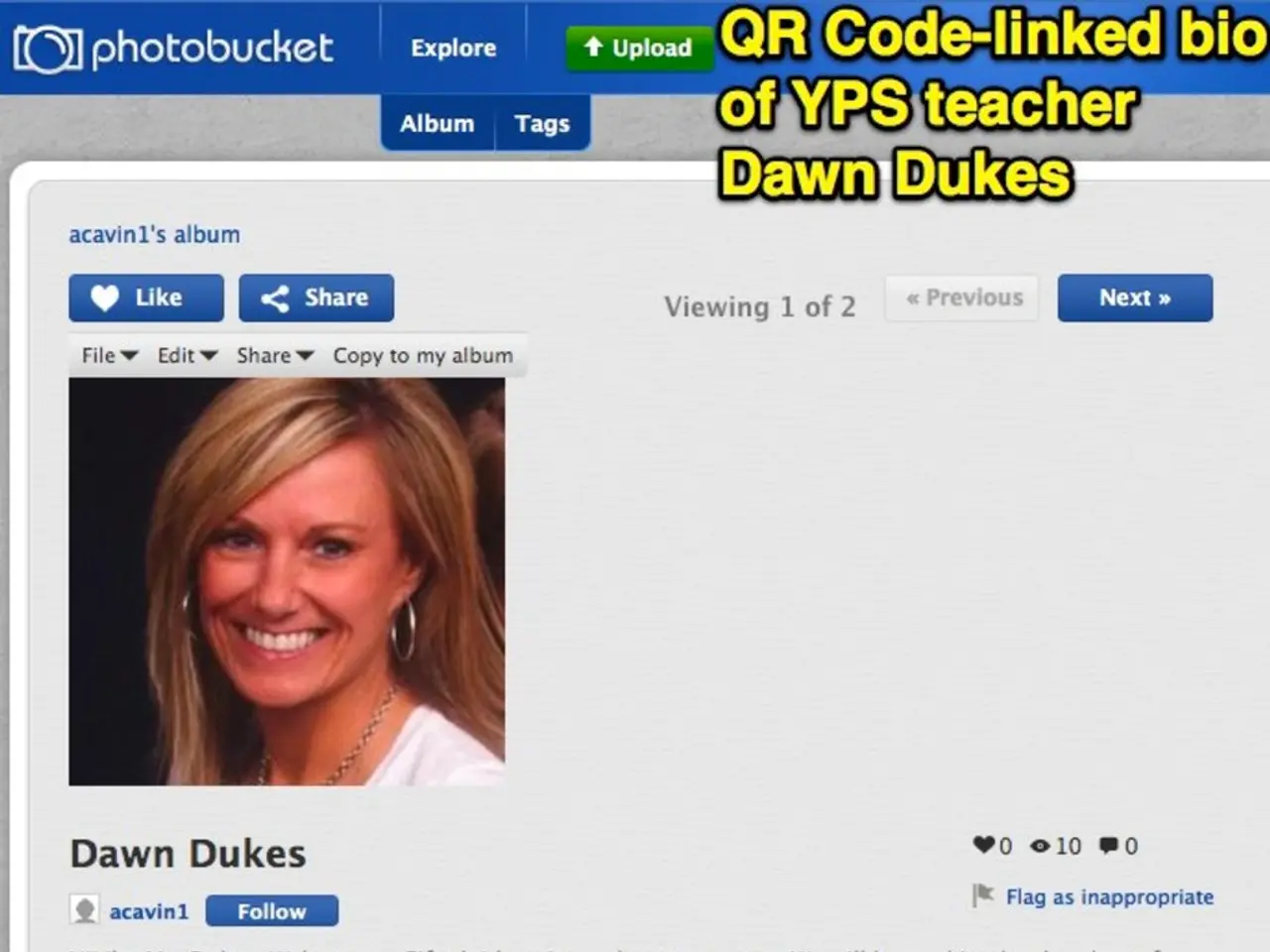Online Platforms' Pressure to Win Users' Approval and Addressing resulting Anxiety
In the digital age, social media platforms have become an integral part of our lives, offering a plethora of opportunities for connection, self-expression, and entertainment. However, a thought-provoking documentary titled "The Social Dilemma" on Netflix, produced by the streaming giant, warns of the potential harm of excessive use of these platforms.
The film, lasting an hour and 34 minutes, delves into the transformation of social media from a utopian dream to an addictive, psychologically damaging, and politically dangerous force. It features a cast of actors including Skyler Gisondo, Kara Hayward, and Vincent Kartheiser, as well as experts like Tristan Harris, Justin Rosenstein, and pioneers of social platforms.
The documentary highlights various issues such as polarisation, destructive behaviors, mental illness, self-image issues, and self-harm, all of which are linked to the excessive use of social media. It portrays the underlying business model used by social media websites or software, turning gadgets into money vending machines in users' hands.
One of the critical concerns raised in the documentary is the concept of "Dark Patterns", manipulative design elements deliberately integrated into social networks and websites to influence user behavior. These designs exploit cognitive biases and undermine user autonomy and privacy, prompting regulatory and educational efforts to identify, understand, and counteract them in digital interactions.
The film also discusses the use of these dark patterns in user interface design, which are business tricks that fall within the legal framework. Social media platforms are programmed to keep users constantly engaged through strategies like push notifications, personalized recommendations, and showing only relevant data.
However, the documentary does not offer specific solutions or changes that technology will bring. Instead, it emphasizes the need for users to take a step towards positive change. It suggests a paradigm shift, focusing on educating users to enable positive change in society.
Despite the alarming revelations, the documentary does not absolve the designers of their responsibility. It serves as an example of design ethics, with experts confessing the negative impact of their own design on humankind. It implies that it is the users' responsibility to set limits for themselves and control their use of social media.
The documentary references academic sources such as "Sociality through Social Network Sites" by Ellison and Boyd (2013) and "Users of the world, unite!" by Kaplan and Haenlein (2010). It provides a comprehensive and balanced view of the impact of social media on users, with experts who have designed these platforms expressing concerns.
During the Covid-19 pandemic, social media has been a significant enabler in connecting people. It allows users to create content, network, find friends, meet new people, form relationships, and express feelings. Business companies also use social media platforms for promoting products and services.
Despite these benefits, the documentary warns about the potential harm of excessive use of social media, stating 'Doom scrolling is injurious to mental health'. It reveals that social networking sites are used to influence user actions, turning them into easy prey through advertisements and propaganda.
In conclusion, "The Social Dilemma" is a compelling documentary that provides a balanced view of the impact of social media on users. It serves as a call to action for users to be more mindful of their use of social media and to take steps towards positive change.
Read also:
- visionary women of WearCheck spearheading technological advancements and catalyzing transformations
- Recognition of Exceptional Patient Care: Top Staff Honored by Medical Center Board
- A continuous command instructing an entity to halts all actions, repeated numerous times.
- Oxidative Stress in Sperm Abnormalities: Impact of Reactive Oxygen Species (ROS) on Sperm Harm








